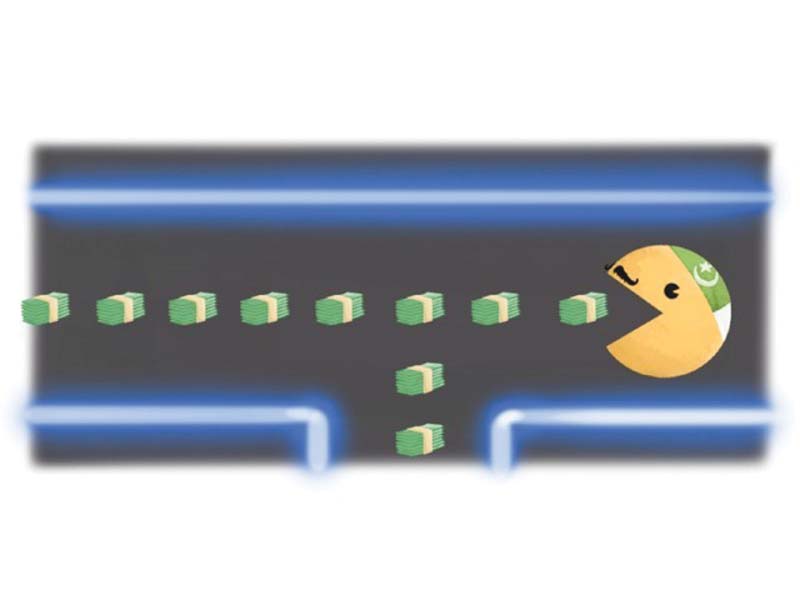
One area that Professor Deaton has covered but some others (like Thorstein Veblen) are rightly more famous for is conspicuous consumption. It is, however, interesting to look into the effect of illegitimate income on consumption of households, whose members are engaged in corrupt practices.
There is some anecdotal evidence that easy money is spent irrationally and the effect of this type of consumption is mostly sub-optimal. Therefore, one should expect sub-optimal levels of welfare of the families that are involved in corrupt practices, as compared to the families whose source of income is legitimate and free of malpractices. When aggregated, this implies sub-optimal levels of social welfare.
Spending pattern and corruption
One reason for this sub-optimality is the irresponsible consumption that corrupt individuals exhibit when spending the money earned illegitimately. The real beneficiaries of corruption are the businesses that enjoy abnormal profits owing to ostentatious behaviour of their customers. Ostentatious behaviour in developing countries is in general associated with corruption.
While many individuals and families that show grandiosity in their behaviour may very well have legitimate sources of income, they are bound to be in a chain that starts with one or another type of corruption.
For example, a toyshop in Islamabad may earn abnormally high profits legitimately, but it is very likely that a significant percentage of its customers come from the families with their members earning black money. It is not unrealistic to assume that a corrupt employee will spend more on toys and other gadgets for his children than someone who earns his income honestly.
The Veblen Effect
Grandiose behaviour associated with corruption is one of the reasons behind abnormally higher prices of luxury goods in the developing countries. In economic theory, willingness of wealthy individuals to pay more for a functionally equivalent good is called Veblen Effect. Given the observed consumption behaviour of the corrupt, one can easily conclude that Veblen Effect is higher for the corrupt wealthy than the non-corrupt ones.
Corruption also leads to more consumption of luxury goods and services. In an interesting article in the Journal of Applied Economic Research (August 2014 issue), Omer Gokcekus and Yui Suzuki show that the sale of luxury cars is almost quadruple in a country with higher perception of corruption than a country with lower perceived corruption.
Fashion example
Fashion businesses that are beefing up their presence in the emerging markets like Pakistan incorporate these factors while pricing their products for these new markets. For example, the likes of Marks & Spencer, NEXT, Mango, Rive Island, Monsoon and Zara are high street brands in the developed countries.
The same brands are being introduced in markets like Pakistan as the premier brands, with marked-up prices. These high street brands charge 20%-60% more than the undiscounted prices they advertise in the developed markets. If one takes into account the “sale” prices in the developed countries, these brands charge a premium even bigger than the range mentioned above.
There is no doubt that these high street brands offer much better customer services in the emerging markets than in the developed countries, where self-service – pick & go – is acceptable even amongst the middle and upper middle classes.
Dolmen Mall in Karachi and Centaurus in Islamabad are increasingly becoming popular in big cities. They are fast promoting conspicuous consumption even amongst the middle and upper middle classes in urban areas.
Such shopping malls may provide an opportunity to tax authorities to collect data on consumption patterns of the rich to devise a more effective tax regime to collect revenues through direct taxation instead of continuing to use indirect taxes from masses in the form of general sales tax and other taxes on consumption and expenditures.
The writer is an economist and a PhD from Cambridge University
Published in The Express Tribune, October 19th, 2015.
Like Business on Facebook, follow @TribuneBiz on Twitter to stay informed and join in the conversation.

1725612926-0/Tribune-Pic-(8)1725612926-0-165x106.webp)















COMMENTS
Comments are moderated and generally will be posted if they are on-topic and not abusive.
For more information, please see our Comments FAQ